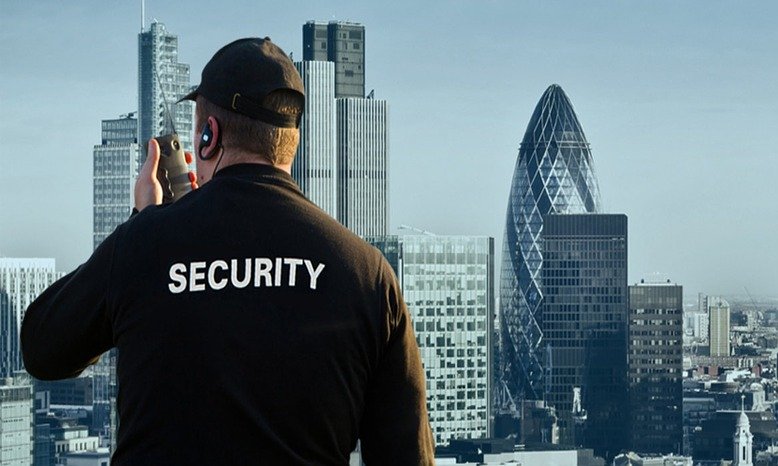
Psychopath = someone who failed to internalize society’s restraints.
In one of the hostel I stayed during my travels I used to wake up every morning to this interesting image in my room: This guy was a Yogi, aka a person who practices yoga and meditation several hours per day. People told me to be careful with this guy as “he is crazy”, people would say, as he was seen several times sleeping in someone’s backyard. They told me that he was either crazy or just did not believe in a concept of private property.
Why we should NOT want Private Property
Once I heard of this article about 10 families that control the world.
Interesting article, wouldn’t you say? Reading it through I realized these are these few families accumulated a great deal of wealth passing it through generations to a point where they are essentially owning the world. And these families are quite egoistic as they keep their private property in a closed circle, away from the “common” people, and avoiding any unnecessary publicity for obvious reasons.
This article made me think that, regardless whether it is true or not, there is a great deal of inequality in the world, meaning that top 1% richest people control over 99% of all wealth in the world. This means that on average people are better off having the world wealth redistributed as if there was no private property to speak off.
Indeed, we can play their games and try to get power, wealth, and recognition by trying to bite off a little bit of pie that is left from us to fight over. We can dream, wonder, and suffer working towards that little something that we may or may not reach. We can play their games, or we can stop playing them.
Effect of Overpopulation Private Property
Another reason why we should eventually move away from having private properties is that the population is growing at an alarming rate. Specifically, today we have an astonishing number of 7,5 billion people living worldwide, while only in 1820 it was 1 billion. This means that in just 200 years we put on Earth another 6,5 billion people, which corresponds to an astonishing 750% population growth! This means that our population has doubled 4 times during this period of time, and it is expected to double again in 50 years, which for most people alive will be during their lifetime.
This is, of course, problematic, because everyone tomorrow is expected to have similar wants, desires, and ambitions as everyone who is alive today, and this is unreasonable and unsustainable. We already are desperately competing over limited resources today and tomorrow we will have twice as many people doing the same thing.
Ownership Problem on a Paradise Island
My favorite place on the planet today is a little island in the South of Thailand called Koh Phi Phi. I would even go as far as to call a paradise island. It has white sand beaches, palm trees, good weather, friendly people, cheap & delicious food, fun activities, and a great view no matter how you look at it. And while I am excited about this islands I met some people who were sorry for me because I did not see this island a few years ago when they say it was even more stunning.
What happened between right between right now and then is what economists would call “development of the island”. Essentially, right now there are much more different shops, roads, houses, and other sorts of imprints of human activity. As such, much of non-human life, such as vegetation, insects, animals, and marine life are gone. They are replaced by unnatural human constructions.
And while the impact of human activity is no news for most of us, most people don’t really see it as a problem when we consider it on a global scale. However, when we see this impact on a local scale, such as an island, where space is limited, we can clearly see that cutting a tree today and replacing it with a building is changing the environment and this is a shame.
Countries – Biggest Historical Private Properties
One of the biggest private properties that are passed through generations is countries. Of course, there are wars, changes in leadership, political agreements, and social restructuring, all which shape counties internally and externally. Still, when we think about it, countries are nothing more than a form of private properties.
Specifically, wars are fought over the ownership of a specific territory. Leaders of these wars may have different mentalities, but usually common people are not allowed to chose which side they will end up following. They just end up on one or other side of a conflict.
And sometimes countries don’t even make sense. For instance, some geographic locations would be better off if they were governed by someone else. Still, it sounds unthinkable to even suggest one country to give its freedom out of its own free will. Why? Because someone would be losing a piece of their private property.
Walls That Limit Our Lives
Traveling to foreign countries, which I have not yet visited, I am regularly greeted by walls which divides me from other people’s private property. Some of these walls are physical. Other walls are rather figurative. They come in a form of culture, morals, rules, laws, commanding figures, and so on and so forth.
Foreign walls especially make an impression on me since I am not used to them. I don’t see a reason why they are there or why I should be restrained by them. I guess this is one of the main reasons why so many tourists disrespect foreign ways of living as they see no value in them.
On a practical level, whenever we see a wall it tells us that there is a difference between those that have and those that don’t. And we see walls like that all the time, starting to believing that if ever we want to be on the side of those who have we also have to build some walls that restrict others. And everyone thinks the same way, but there is just not enough of the world to divide, isn’t there?
When Ego and Private Property are Causing Suffering
Buddhists believe that the route of all Suffering in the world is cause by Ego:
Ego = Suffering
Specifically, suffering manifests every time people are egoistic and we are egoistic every time we express “I” or “My” in any of its different forms, such as it is the case with “my feelings”, “my car”, “my boyfriend”, “my private property” and so on.
In case of private property, we suffer because if we don’t have it if we are restricted by others private property, or if our property is to decay for whatever reason, we will feel like we are losing something and therefore we will suffer. Generalizing this, whenever we put a label of property on something we cause a little bit more suffering in the world and there is already too much of that in the world.
Private Property = Suffering
Trying to Capture the Beauty
One behavioral observation I had that I think everyone should be aware of is what I call “trying to capturing the beauty”. It is a human desire and tendency to attempt to capture and preserve positive emotions that we experience on regular basis.
Of course, emotions are something that we experience internally and not externally and they are subject to change, meaning that we can never truly capture them no matter how much we try, but we try to do it nonetheless.
What we think as beautiful will vary from person to person, but it is always related to our 6 senses. As such, we try to capture:
- Visual beauty – by using such things such as paintings, picture, statues, photographs and videos, and by putting the animals we like in cages.
- Sounds – by capturing things that make sounds we like, creating musical instruments, or recording sounds that we like overall
- And similar for all other emotions
Interestingly enough, if we take pictures, which recently became a new people’s obsession around the world, we often rarely revisit them, but we try to preserve them for some day which may never come. We try to convince ourselves that simply by having them we preserve the memory of the event that passed and we can experience them again as soon as we look at these old pictures. But the moment is already gone. We will almost never revisit the memory of it again, and if we do, we will remember general details of it, but not the whole thing either. In fact, we are not even supposed to live in the past or future if we want to be happy, so to a certain degree, this behavior is overdone.
This is a sort of collector behavior that is quite destructive as we saw with animals that we put in cages, with all experiences that we try to accumulate, just to forget them the next moment, and virtually every other way we try to capture the beauty.
For private property, what this means, is that memories, photographs, and other forms of capturing beauty are just form of ego we put on things we try to collect or preserve. We want to call them ours, but we don’t realize that they are just a moment of time and space that will always change and therefore we cannot never truly preserve.
Thief Metaphor and Why We Are All Guilty
Ultimately, we can’t claim that we own or have rights to something, because everything that we think that we own we stole from Nature. Indeed, we are born on this planet and it gives us a wonderful place to exist and what do we do with it? We kill, hurt, and destroy all in name of someone’s private property. Worst of all we do it to something is not even ours.
Indeed, the only thing we have any control is our internal life. Everything else is owned by nature. Even our bodies are subject to disease, aging, and death. We can pretend that we own some things in the outside world. We can even enforce it. Still, eventually, something will happen and the outside world will not correspond to our desires and aspirations and we will suffer.
Basic Responsibility for our Private Property Revisited
One thing which seems obvious to me, but often is not obvious to people who own property, is that they are responsible for the land they own and its surrounding area. Indeed, I often see trash, broken roads, or anything else that needs to be done, just next to someone’s property. I immediately start to wonder who is responsible to do something about it. Government? NOT! It is people who own the land next to that property. And I’m not only talking about the immediate land that they own, but also the one which is around them.
In this respect, if someone decides to own something they should be responsible for it and how it affects the world around them. As such, it is my opinion that all owners should be legally required to maintain the properties as well as good environment around their properties. For example, people should not be allowed to cut down all the trees on the property and leave some of them standing even if it affects the project. Failure to follow up with these responsibilities should be punished with fines, which can go as far as a person losing the rights to keep the property.
In line with this logic, there should be controllers that would walk around provinces, cities, and country, making suggestions to people if they have not done something already. Then, a follow-up process should ensure whereas the obliged party needs to do whatever is asked of them (in reasonable terms), and if nothing is done fines should ensue.
Sharing Economy – Economical Model For a Perfect Future
More and more we hear about this thing called The Sharing Economy. But what is it? There are many definitions to what it can be, but practically, we should see everything as owned by nature, meaning that it can be shared by more than one person, and in fact by most people. For example, we can share our houses, cars, smartphones, and so on.
This, of course, destroyed all the ideas of private property and as such people who “own” the most can be the ones who will want to share the least. Still, this approach especially makes sense when we are not using these things, such as when we are not at home, not driving a car, and not using a phone. These possessions after all are just there, taking space, getting rusty, and wasting precious resources.
Of course, people should take care of the things they share as if they were their own, which should be doable as most people treat they own possessions right. This model already is working in families, office spaces, and other places where people are forced to coexist in a certain place and with certain possessions.
The benefit of such an approach would be that it would remove waste. We would not need to have one (or more) car, house, smartphone, or other possessions per person. This would remove some pressure from the environment created by everyone needing to have their own personal stuff.
Challenging Current Social, Political, and Economic Systems
It is not a secret that end of private property would challenge social, political, and economic structure of today’s world, such as the need for leadership and hard work. Still, I believe that even if we remove economic incentives from the world, people will find other incentives to keep everything working, such as incentive for a meaningful existence, prestige, and positive self-esteem. Indeed, hard work is a great benefit in its own right.
This being said, people can feel a great deal of uncertainty towards change especially towards something as radical as an end of private property, which will affect virtually every part of their lives. Still, change is imperative if we ever want to change to change problems we are experiencing with a world today, meaning that if we don’t change and just go with what is comfortable, we may end up extinct.
Indeed, there should be at least a test market where ideas such as an end of private property can be tested. Certainly, this approach might not work universally, but it can change a life of some people for the better.
How Much is Enough if we Want to be Happy
Listening to benefits to meditation, such as an increase in focus and increase of peoples brain activity I often wonder what it is all for. I mean, most people spend their lifetime accumulating resources for seemingly no other reason but to have them. It seems just like a waste. A most directed approach is therefore suggested.
As such, all accumulation of private property should be aimed at a point, such as achieving a higher goal in life, which property will facilitate to achieve. In turn, this means that for some people owning property is a must, while for others it is completely unnecessary.
This is to say that all we need to know is how much is enough. In our western society most people constantly want more and more while most of them already have more than enough. They suffer because they don’t think it is enough, which makes some of the richest people alive also the least happy. Oppositely, there are plenty of people who have almost nothing, but who are happy. This together means that what most people thing will make them happy is plain wrong, or at least misguided.
Ideally, what we should aim at is enoughtness. This means that we want to have our basic needs satisfied. After that we want to have an aim to what we want to do with our lives, which I call a pursuit of meaning of life. And while I can’t tell people what their ultimate goal in life should be and I can only give them tips how they can start to find it. I will, however, say this now. If we stop aimlessly pursuing aimless accumulation of resources and stop to think where it is all ultimately is going we are so much likely to find that reason in life and to truly understand how much we really need.
Sources
Easterlin, R. (1974). “Does Economic Growth Improve the Human Lot? Some Empirical Evidence.” Academic Press, New York.







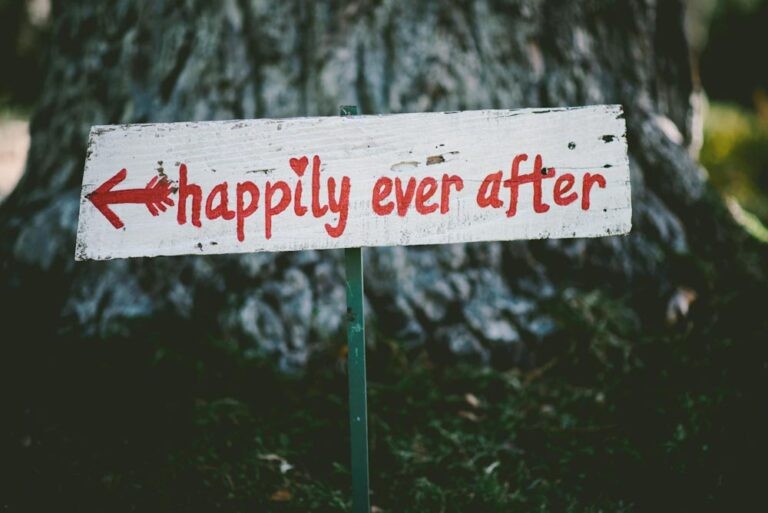
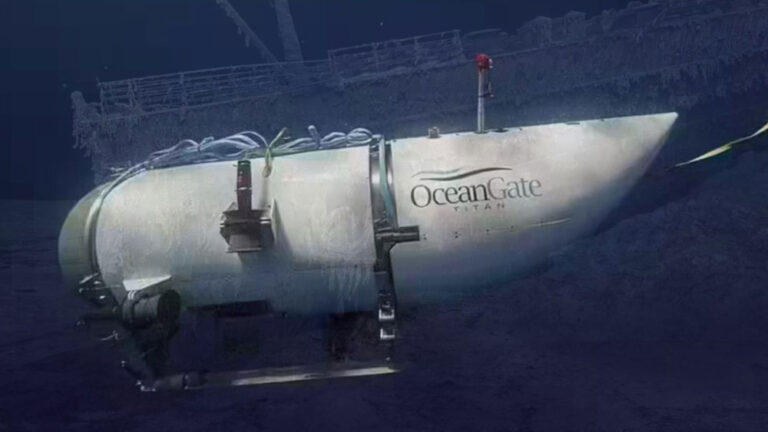

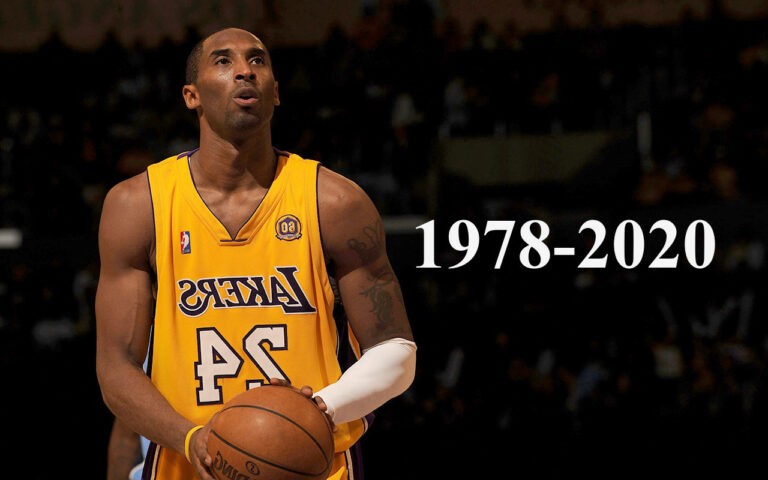



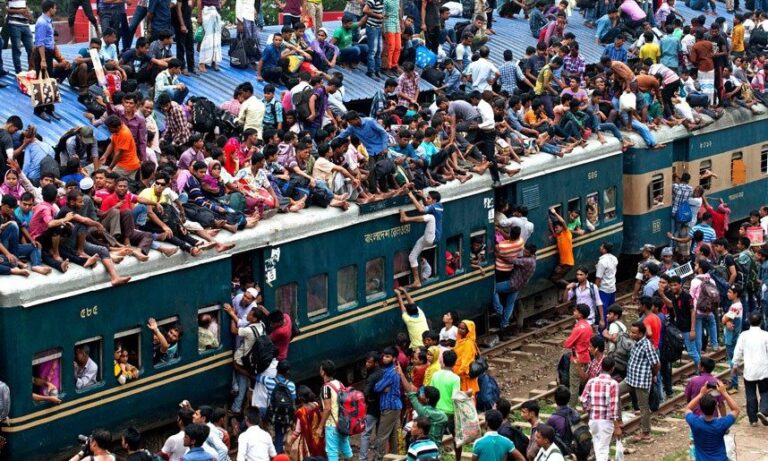
2 thoughts on “End of Private Property – When Ownership Becomes an Issue”
Roman, what you are seeing is network effects and winner takes all mentality. However, the latter is a human contrivance and does not exist in nature. All networks (and they are all around us) exhibit the same tendencies, namely their value (which tends to be concentrated or captured at the core) grows geometrically in proportion to the number of participants (n*(n-1))/2 while costs (which are borne somewhat evenly at the edge, albeit reflecting marginal consumption differences) grow linearly n+1. The difference is “social benefit”, but in all socio-economic and political systems to date the central controllers have found ways to institutionalize the central capture and control of that social benefit, rather than redistributing it in a way that better incentivizes both the core and edge, but importantly fosters generativity and sustainability. This way of thinking is even more important when it comes to “inter-networks”. The neo-liberal thinking plus impact of digital network effects, particularly over the past 33 years (since digital information networks began 170 years ago) is the root cause for the private wealth capture illustrated in the video.
Time for a new socio-economic approach called equilibrism. Unlike basic income, equilibrism still fosters competition, but recognizes that the wealth created is not due to a few lucky or well positioned or inventive or hard working individuals but rather society as a whole. The value redistribution is through market means; not government edict. It is important to maintain a set of incentives and disincentives for individual elements and between groups/networks.
Michael E, NYC
Pingback: Social Equality: No Exclusion, No Borders, & No Social Class